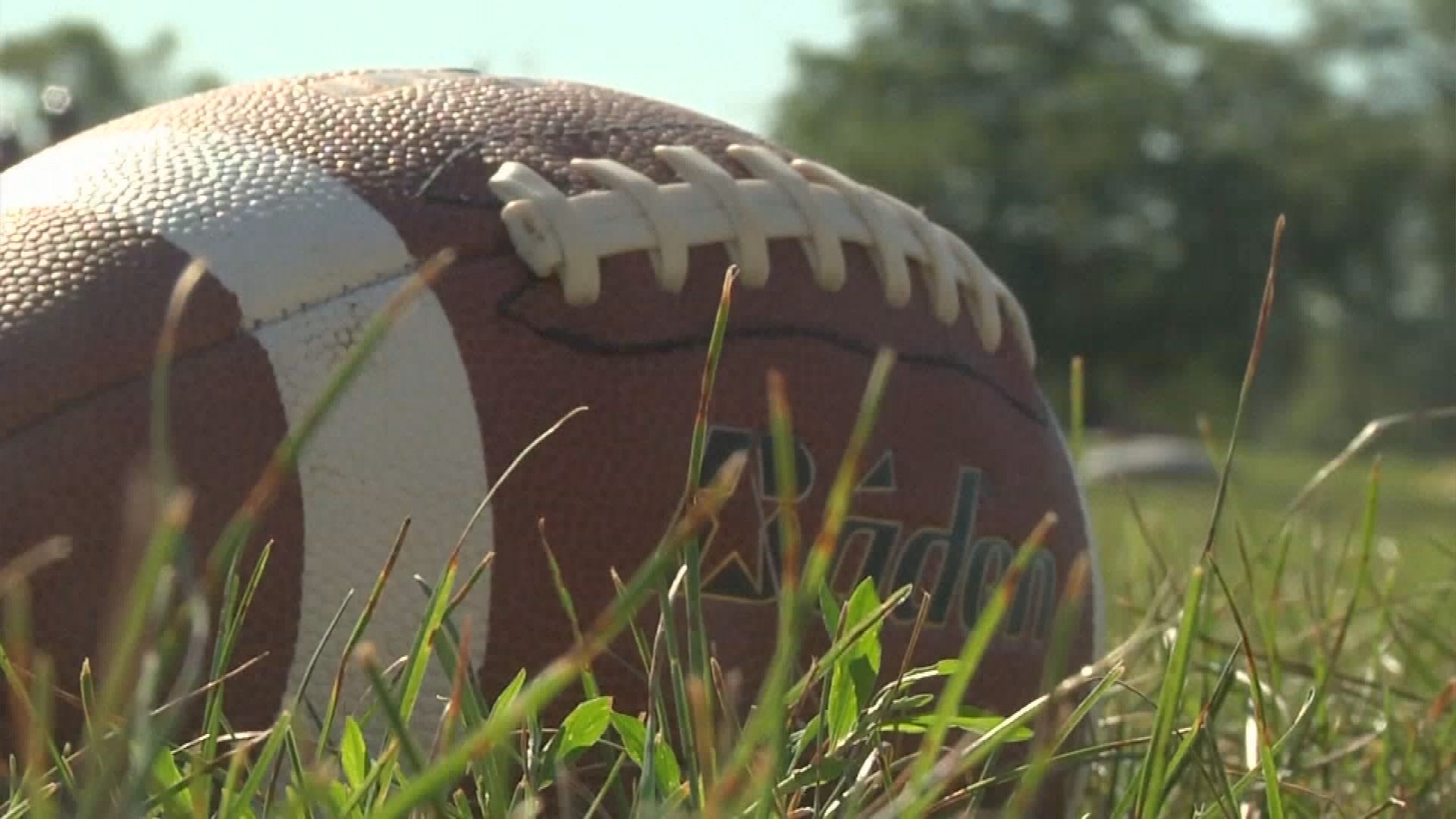A new study released in a medical journal showed that the brain disease CTE, Chronic Traumatic Encephalopathy, was found in 99 percent of diseased NFL player's brains that were donated specifically for the study. The brain disease is often found in people who experience repeated amounts of head trauma.
Despite the obvious concern, doctors say it is important to realize one distinction when considering the results of the study.
“These studies certainly raise concern for which individuals are more likely to have CTE, but it’s important to understand in the context of how this study was done, these were individuals who were experiencing problems, sought out and donated their brain after they had passed away, so it’s a sample, but it’s not necessarily a representative sample of the larger population as a whole,” Seattle Children’s Neurosurgeon Dr. Samuel Browd said. “Because we know that many people have played football in their life and not all people experience CTE. So it’s an important study, but it’s important from a public health perspective to put it into context.”
Dr. Browd is also the Co-Founder of VICIS, a helmet company with a helmet that has ranked in multiple reports as one of the safest in America. Dr. Browd has this message for parents with kids who may be interested in the game.
“The bottom line for me is that sports, in general, are good, and many of the sports that we play have contact associated with them. It is not just football. The majority of the sports people play have some degree of contact with them. For each individual family, they need to sit down and understand for themselves what risks they would like to take, and that conversation is different for every family,” Dr. Browd said. “The science of concussion is very young right now, and I have a very hard time coming to a family and saying you should not play football or you should not play another sport based on the findings of this particular study or others that have come out. I think if people approach sports smartly and safely and with good equipment, and good coaching, and following the rules, they can play these sports with low risk of injury, but these are individual family decisions.”


